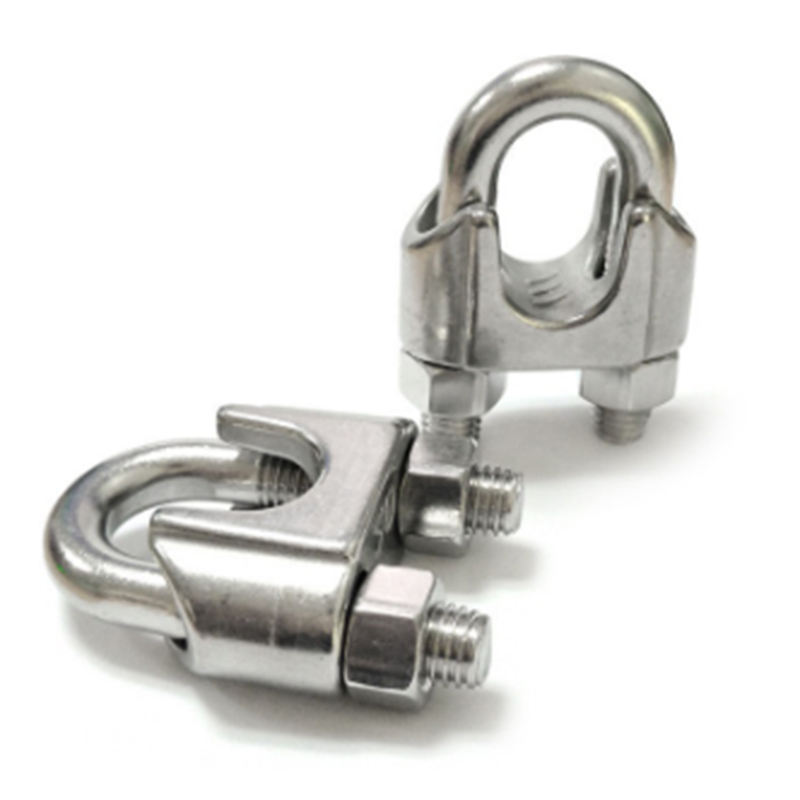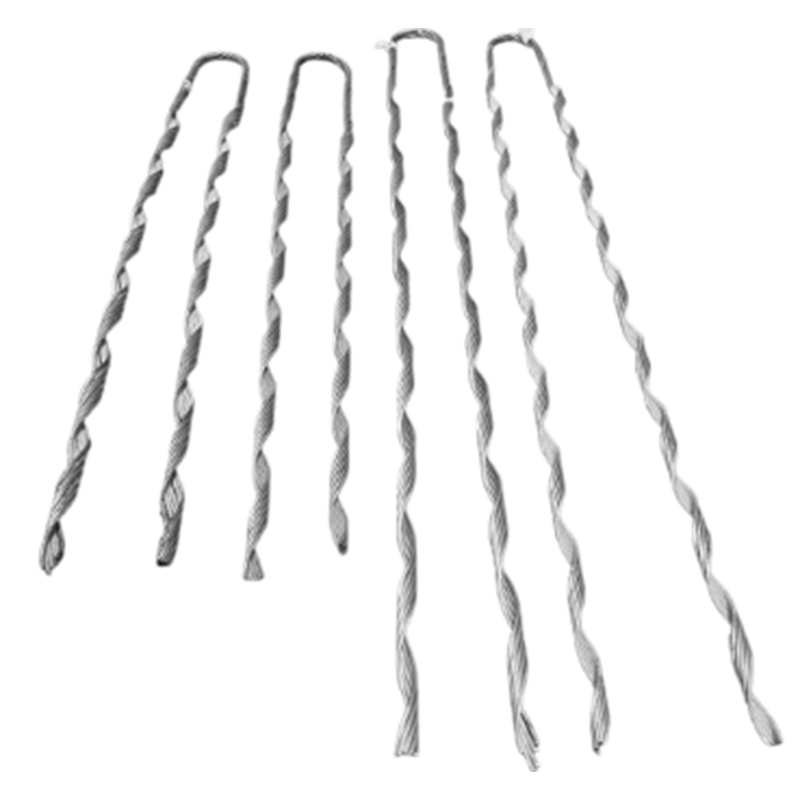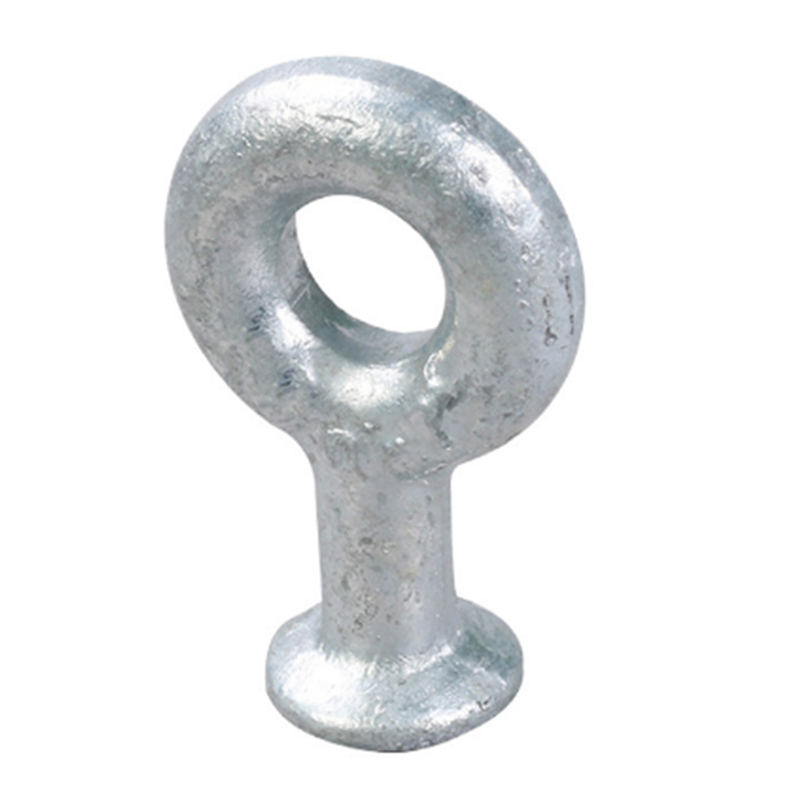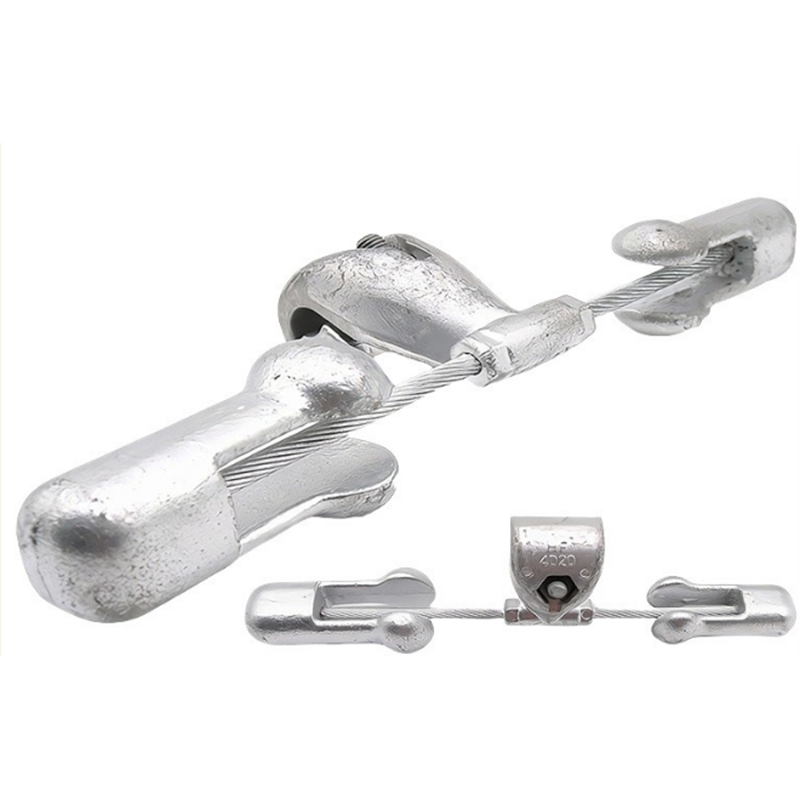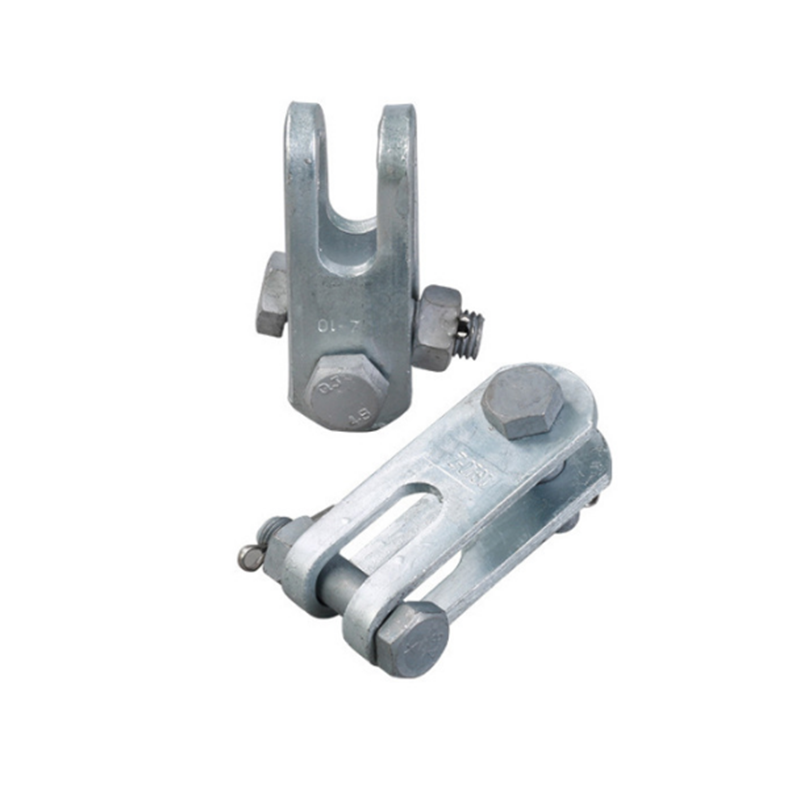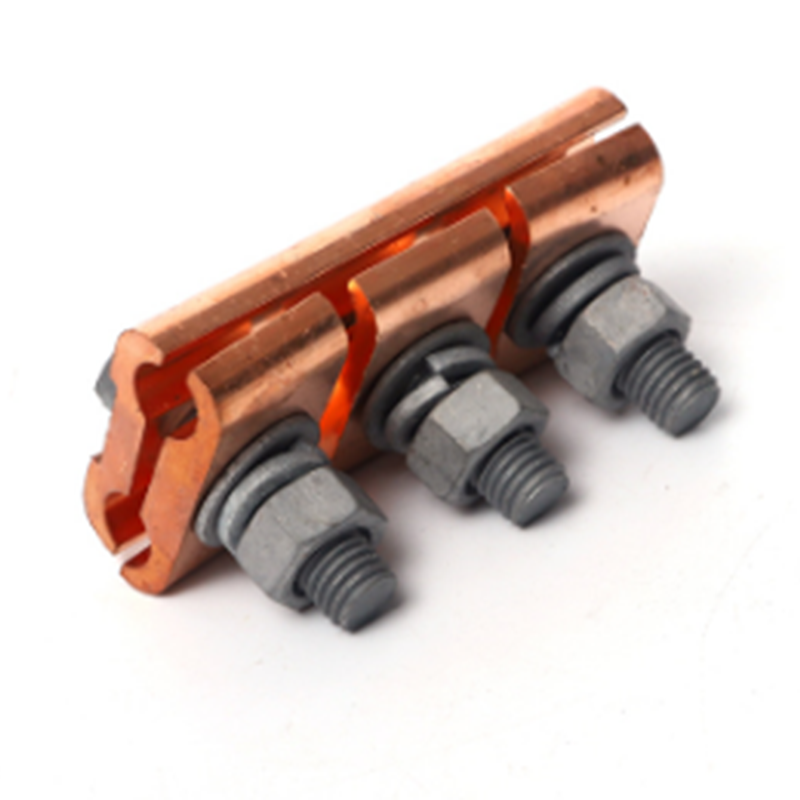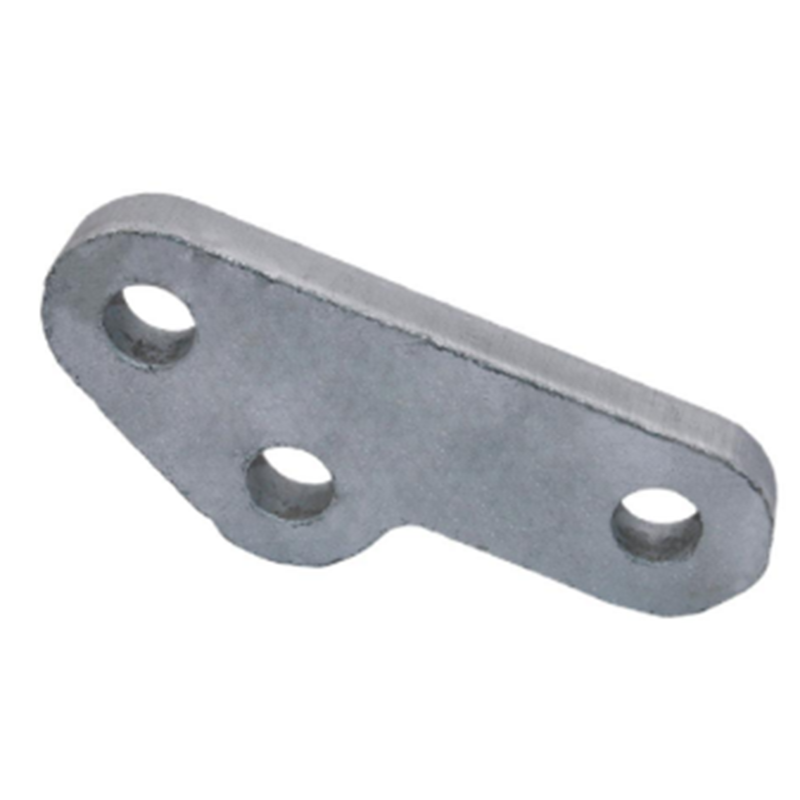- Chinese
- French
- German
- Portuguese
- Spanish
- Russian
- Japanese
- Korean
- Arabic
- Irish
- Greek
- Turkish
- Italian
- Danish
- Romanian
- Indonesian
- Czech
- Afrikaans
- Swedish
- Polish
- Basque
- Catalan
- Esperanto
- Hindi
- Lao
- Albanian
- Amharic
- Armenian
- Azerbaijani
- Belarusian
- Bengali
- Bosnian
- Bulgarian
- Cebuano
- Chichewa
- Corsican
- Croatian
- Dutch
- Estonian
- Filipino
- Finnish
- Frisian
- Galician
- Georgian
- Gujarati
- Haitian
- Hausa
- Hawaiian
- Hebrew
- Hmong
- Hungarian
- Icelandic
- Igbo
- Javanese
- Kannada
- Kazakh
- Khmer
- Kurdish
- Kyrgyz
- Latin
- Latvian
- Lithuanian
- Luxembou..
- Macedonian
- Malagasy
- Malay
- Malayalam
- Maltese
- Maori
- Marathi
- Mongolian
- Burmese
- Nepali
- Norwegian
- Pashto
- Persian
- Punjabi
- Serbian
- Sesotho
- Sinhala
- Slovak
- Slovenian
- Somali
- Samoan
- Scots Gaelic
- Shona
- Sindhi
- Sundanese
- Swahili
- Tajik
- Tamil
- Telugu
- Thai
- Ukrainian
- Urdu
- Uzbek
- Vietnamese
- Welsh
- Xhosa
- Yiddish
- Yoruba
- Zulu
- Kinyarwanda
- Tatar
- Oriya
- Turkmen
- Uyghur

Bolt Price List
html
Understanding the Dynamics of Bolt Price Lists
Navigating the fastener market can sometimes feel like a maze, especially when it comes to understanding the fluctuating prices of bolts. Many factors contribute to this complexity, ranging from material costs to market demand. My experience in this field, particularly working with manufacturers like Shengfeng Hardware Fastener Factory, has granted me insights into how prices are set and what to watch out for.
The Basics of Bolt Pricing
Initially, one might assume that bolt prices are straightforward. However, the reality is that various factors come into play. For instance, the material used—whether it's stainless steel, carbon steel, or another alloy—significantly impacts the price. Stainless steel bolts, known for their corrosion resistance, tend to be pricier. On the other hand, carbon steel is more economical but needs protective coatings.
Moreover, the manufacturing precision also affects cost. Bolts that require tighter tolerances or specific machining techniques often command higher prices. This precision is essential in industries where safety and durability are non-negotiable, underscoring the necessity of choosing the right product for the job.
Transportation logistics add another layer of complexity. Being located near a key artery like the National Highway 107, Shengfeng Hardware Fastener Factory benefits from reduced shipping costs, which can directly influence the pricing offered to customers.
Supply and Demand Dynamics
An aspect that is often underestimated is the influence of supply and demand on bolt prices. For instance, during certain construction booms, the demand for specific bolt types might surge, causing prices to spike temporarily. Additionally, geopolitical stability can affect raw material availability, indirectly influencing costs.
In my time working with various suppliers, one consistent observation is the impact of market trends on pricing. A sudden demand for eco-friendly construction materials can shift the balance, making previously niche products more expensive as they gain popularity.
Companies like Shengfeng Hardware monitor these trends closely. By staying ahead in their production and stock strategies, they manage to keep a competitive edge, offering stability in pricing despite market fluctuations.
Customization and Its Impact
Custom bolt orders introduce another variable to pricing. These bespoke items often involve additional design and manufacturing efforts. For businesses requiring unique specifications, the costs can be justified by the enhanced performance they receive. Custom solutions typically involve deeper collaboration between the client and manufacturer.
At Shengfeng Hardware Fastener Factory, we understand that not every project can be fulfilled with off-the-shelf bolts. Custom orders are tailored to meet specific demands, though they require a more extended lead time and increased budget. However, the investment often pays off in terms of performance and reliability.
We've encountered situations where neglecting these custom solutions resulted in project delays and additional costs. Hence, it's crucial for businesses to evaluate their needs and decide early whether standard or custom bolts are the best fit.
Quality Assurance and its Role in Pricing
Quality assurance in bolt manufacturing isn't just about meeting standards; it affects pricing too. Rigorous testing ensures that each fastener meets specific performance criteria before it reaches the customer. This process adds to the cost but is non-negotiable, especially in applications where failure is not an option.
Through my collaboration with Shengfeng Hardware, I’ve learned that investing in robust quality assurance processes can result in significant long-term savings by reducing failures and replacements. Clients often prefer paying a premium for quality assurance to avoid potential project disruptions.
It's essential to communicate transparently about these aspects with clients. Ensuring they understand the value quality assurance adds to the bolt price list helps in setting realistic expectations about costs.
Future Trends in Bolt Pricing
Looking ahead, one can foresee technological advancements playing a role in shaping the future bolt price list. Automation in manufacturing processes promises to reduce production costs, potentially leading to more competitive pricing. However, the initial investment in technology can keep the prices stable in the short term.
Additionally, the growing emphasis on sustainability will likely see an increase in demand for environmentally friendly fasteners. While these may initially be more expensive due to the cost of sustainable materials and processes, economies of scale can eventually bring prices down.
Ultimately, staying informed about industry developments is crucial. At Shengfeng Hardware Fastener Factory, we prioritize keeping our clients updated, allowing them to make informed decisions in their procurement processes. The ability to anticipate changes in bolt price lists can be invaluable for project planning and budgeting.
Соответствующая продукция
Соответствующая продукция





